Guest Post: A Letter To Police Officers Regarding the Mentally Ill by Nancy Boucher
Bipolar Bandit
OCTOBER 29, 2021
A person who has a serious mental illness and is in crisis may be experiencing paranoia, delusions, hallucinations and be feeling threatened and fearful. I have learned these lessons on the front lines as a Mom, and the road ahead in helping those in crisis with serious mental illness. Their brain is not functioning normally.

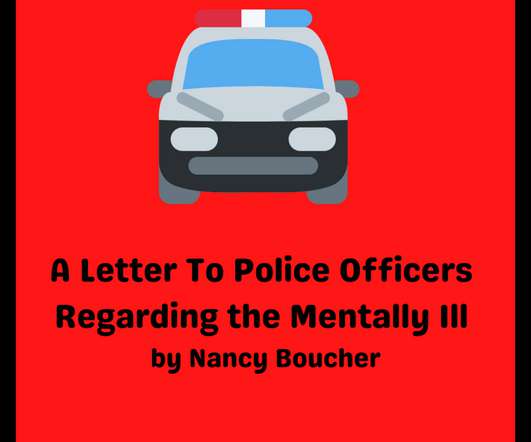
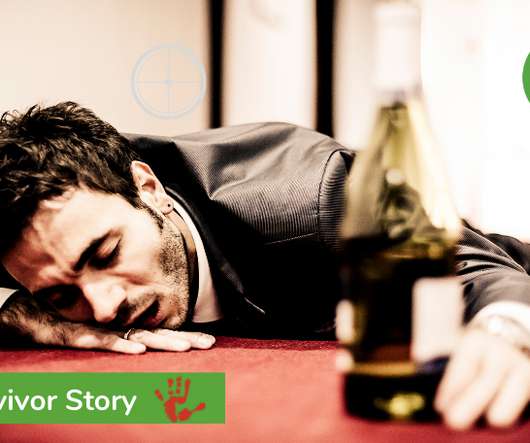
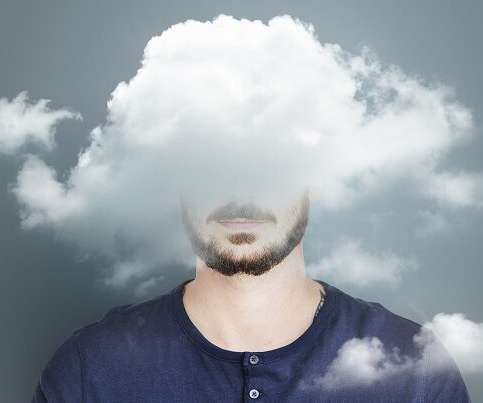

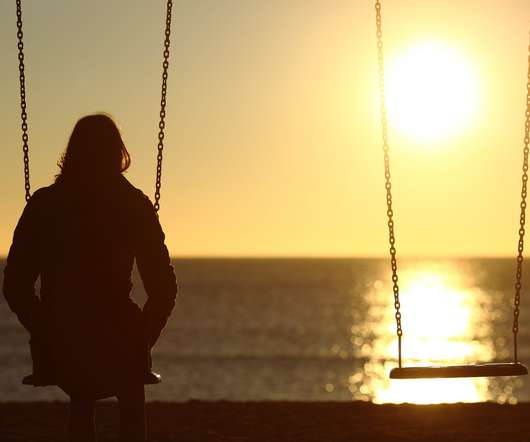
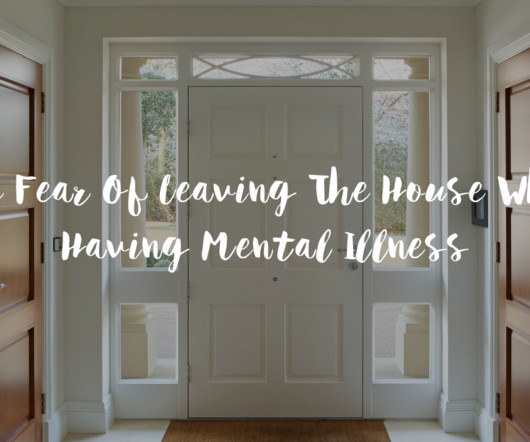


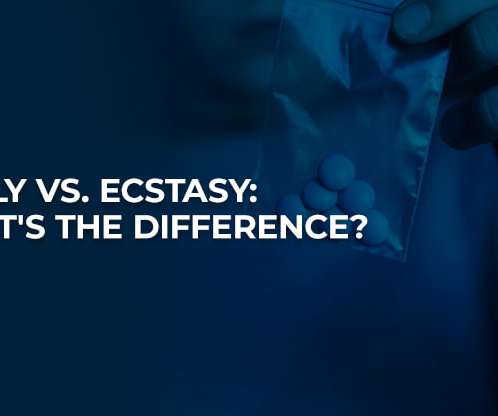
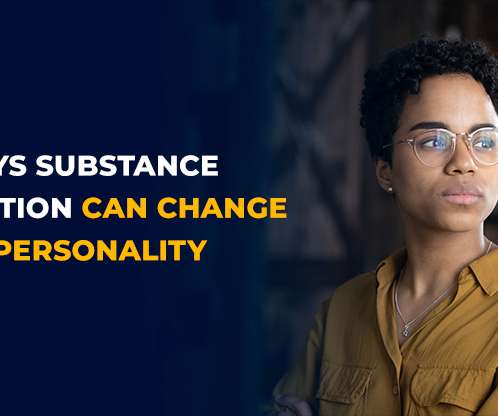










Let's personalize your content